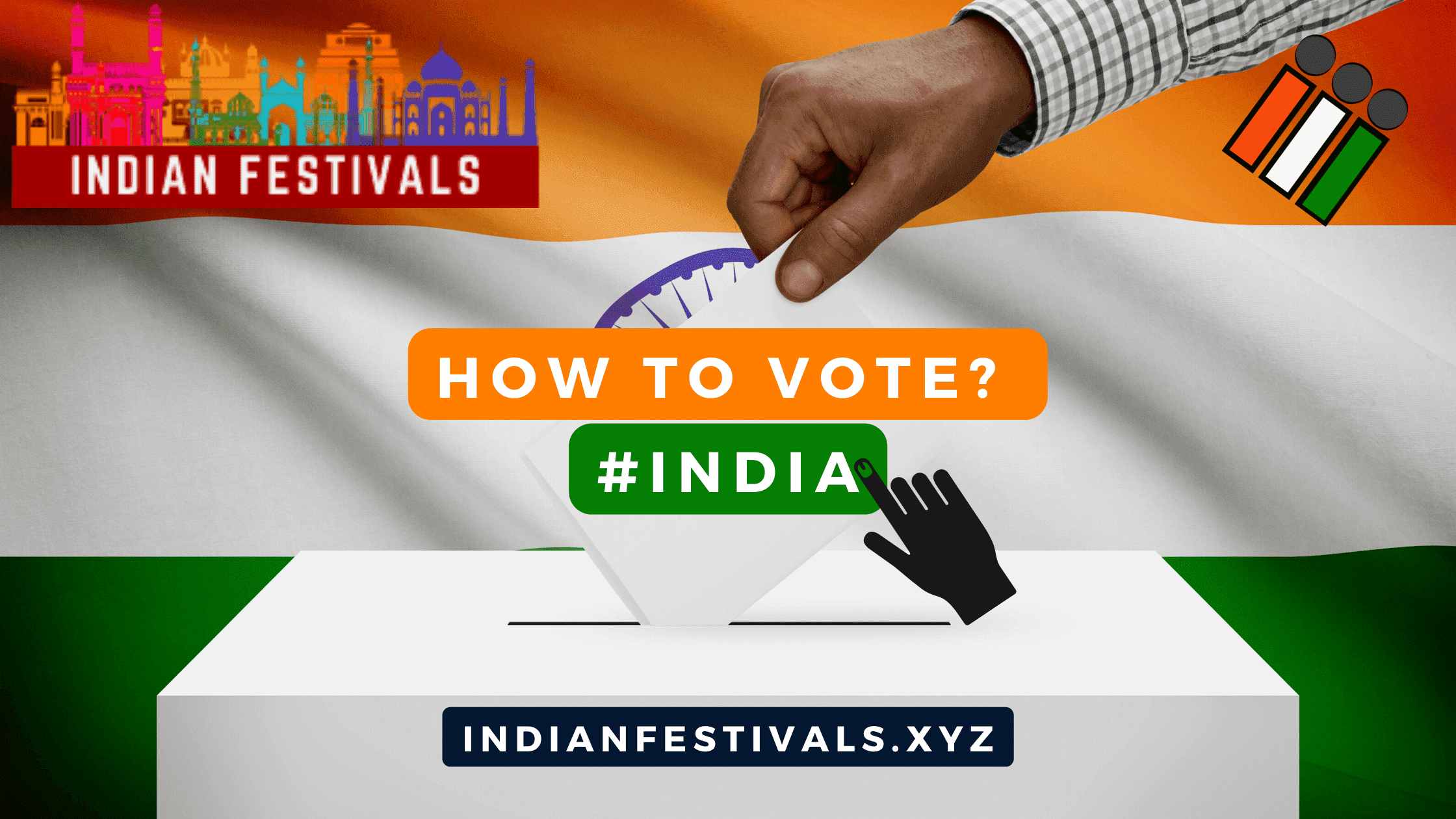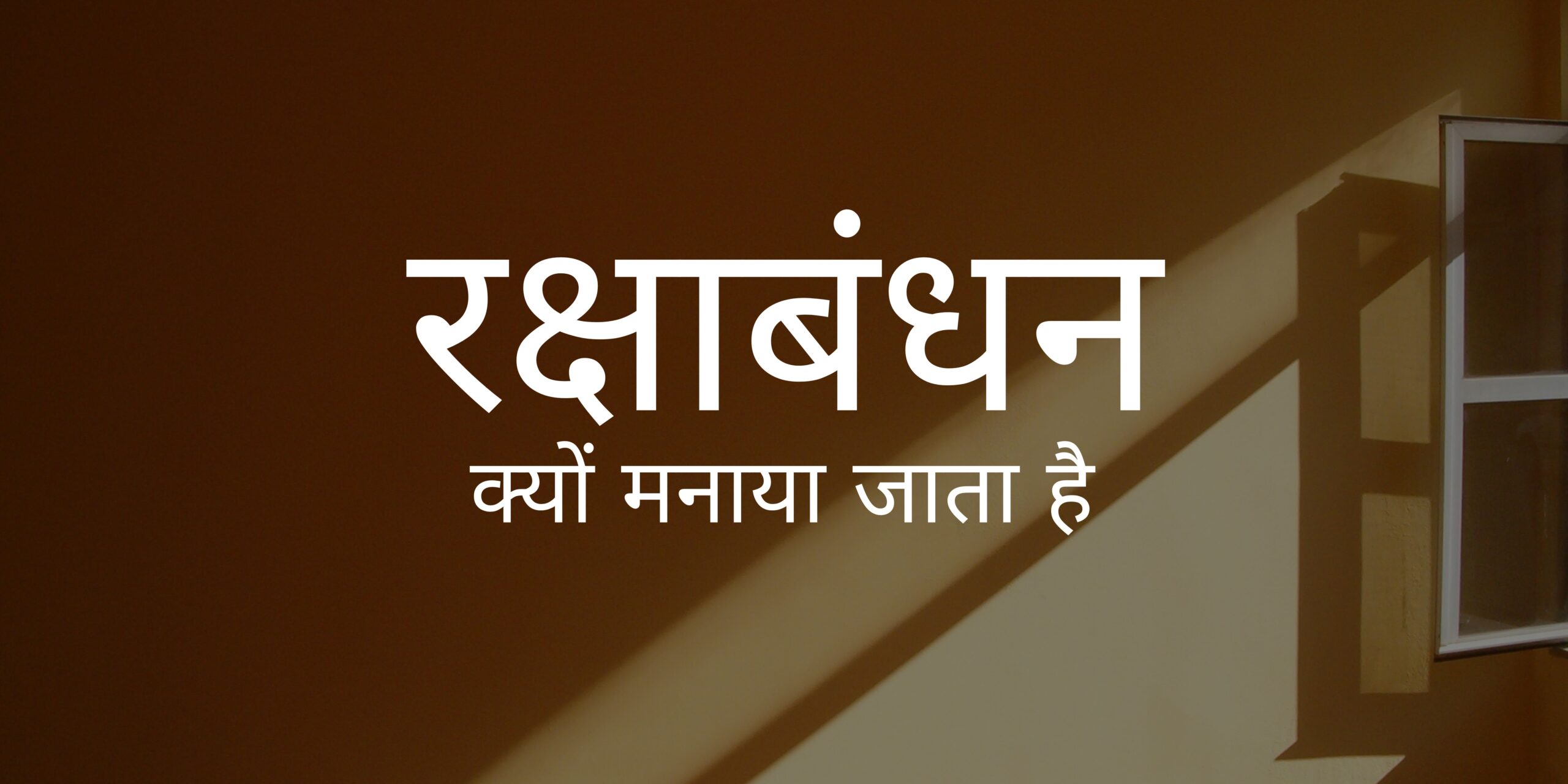India is the world’s largest democracy. India overtook this title from the United States of America, in 1952. After holding a successful election post-Independence, they were by far the most populous country in the world with a government democratically elected by its citizens. After 1993 Indian citizens got the voter card that is needed to vote in India. The election in India is conducted by the election commission of India which was founded on January 25, 1950, and is later celebrated as national voter’s day.
Brief History about Elections And Vote In India
India got its independence in 1947, but in 1950 its constitution came into effect, And they held the first election post-Independence. But, the elections were even held in Pre-Independence India. They started After Morley-Minto reforms by the governor-general of India Lord Minto and Lord Morley, then secretary of state, near 1906. They held the first election in 1920, Although they only gave the right to get elected and vote, to the people meeting certain requirements such as owning land, payment of taxes, chambers of commerce and trade associations constituency and belonging to a certain religion etc. were the main parameters for giving these rights. The traces of the election being held can be traced back to ancient times, mentions of it can be found in Vedic Purana, where every adult had the right to vote without any restrictions from their caste, status or any socio-economic factors.
Elections in India are like seasons, but that comes once every five for the central government at the same time across India. But state governments are held votes in India at different times in phases but with the same five-year gap in between. In the past, the election for state assembly and parliamentary assembly was held at the same time because of the historical split of congress in 1969 that was responsible for the premature dissolution of the central government and changing the routine of holding the elections at the same time.
Requirement for Voting
India does not have many restrictions, they just need to be an Indian citizen before 1 January of the year in which they want to apply for the voter id card. Regardless of their caste, gender, colour, or any other socio-economic factor, they can apply for the voter id.
On or Before the end of the Tenure of the government, the Election commission of India announces the election dates of the state or centre depending on the tenure. The election is usually held in phases due to our enormous population and limited resources. The election commission usually posts teachers as the Administrator of a poll booth. There are multiple polling booths, they usually are divided based on the part number of the constituent assembly. Each part number has a different booth. But the voter list prepared by the Election commission is based on the assembly not the part number of the booths.
Voters have to go to their specified polling booth to give vote between 7 am to 6 pm on the election date. They need to show their voter id card to the outer desk for entry and then go inside to the officer sitting there and follow a small procedure then choose the candidate in the Electronic voting machine by pressing the button next to it to vote for their desired candidate’s party. The voter also has the right to choose the option of NOTA which was added post-2006 machines. The voting process as in the phases can last up to 1 month and the count can last for a few days.
Voting rights for prisoners
Indians do not allow prisoners, undertrial, detainees and convicts alike the right to vote in India; only the ones out on bail have the right to vote. The Supreme court in a judgement to a petition has stated the reason why they can’t allow the convicts the right to vote.
It was because that would require Large police force deployment and enhanced security arrangements had to be done just to allow them to vote. They also said that there is a reason why they are prisons, to keep the criminal separate from elections we have to take these steps.
National Election Watch and Association for Democratic Reforms published a report on the affidavit submitted by Lok sabha members of India in 2019 that almost 50 per cent of the members of parliaments have criminal cases filed against them.
Vote In India for NRIs
Even Non-Resident Indian NRIs can vote in India under some conditions. Those conditions are as follows –
- If they hadn’t taken some other nationality, They can get the right to vote in the Indian election. They just need to apply for a voter id card on the election commission’s website.
- To give a vote in India they need to physically go to India in their constituency according to their passport and show their original passport at the voting center. Many people submitted requests to the Election commission as well as multiple NRIs have submitted their writ petitions in the supreme court, asking to look into the other medium for giving a vote because flying to India just to vote in India can be costly both financially and geologically.
- To solve this problem of voting rights of NRIs a Lok sabha committee of 12 members was set up to look into three main suggestions to solve this problem, Those are as follows –
- Online voting – As the name suggests, NRIs can give a vote online just like a Shareholder vote in the General Meeting of corporations. But this option was crossed after giving the reason of it being not secure enough to do such an important task remotely as the secrecy of a vote can be compromised.
- Voting at Indian mission abroad – They refused this option as well because The India mission abroad does not have enough resources for this kind of immense task. Indian mission aboard comes under Externals affair. They are also known as Indian Embassies.
- Voting by post – They need to download postal ballots electronically by submitting a request to the returning officer of their constituency and putting it in a specific kind of envelope before posting. That post reaches them before 8 am of the counting day specified by the election commission
After finishing their study of the vote in India they find that postal ballot and proxy ballot came out to be the most viable options according to them, Since, Proxy voting is also done by army officers, Police officers who have posted out of their state, or Indian officials who have been sent abroad for official government work.
Conclusion
In this blog, we learned about various things regarding the Indian elections. To remind you we covered topics of when the election commission was first founded. The First election was pre-independence of India and post-independence of India. How the Indian voters vote during the election. How long does the election last? Who has the right to vote and who doesn’t? And the causes of it. And last but not least how can NRIs vote during the election and what are the things going on to make the process easier for them?




